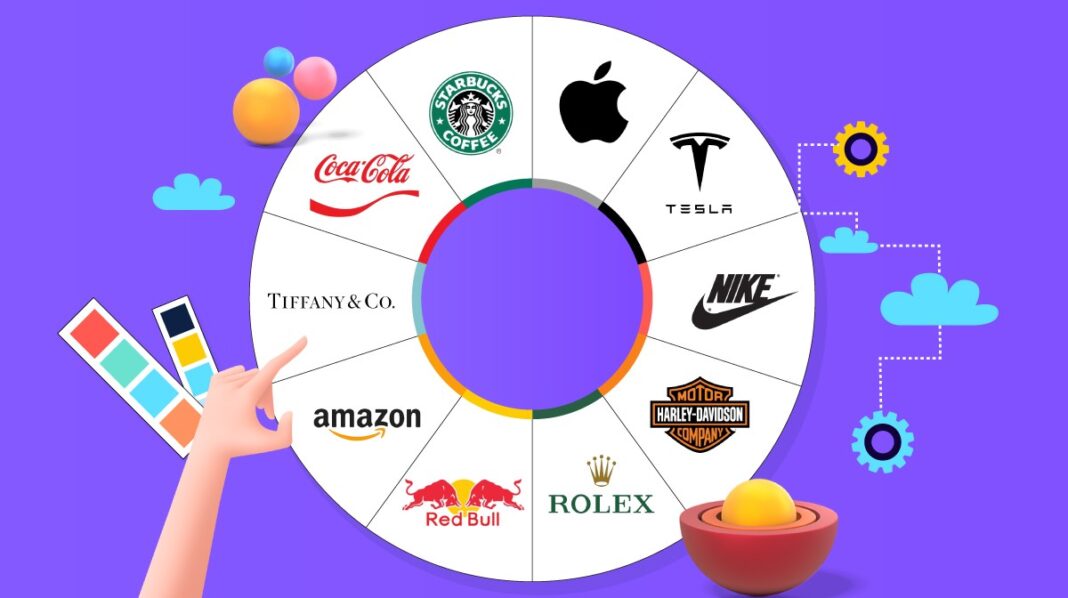A collection of human traits associated with a brand name is referred to as brand personality. A constant set of attributes that appeal to a certain market niche helps an effective brand build its brand equity. A brand develops this personality in addition to its functional advantages, making it a qualitative value-add.
A brand’s personality is something that customers can identify with. As a customer grows to be regular, they could begin to associate certain aspects of the brand’s personality with aspects of themselves.
How Brand Personality Works
A corporation or organization can use brand personality as a framework to influence how consumers perceive its goods, services, or goals. A certain consumer segment experiences an emotional reaction to a company’s brand personality. Developing a brand identity is meant to encourage actions that are advantageous to the company.
A brand’s likelihood of being purchased increases if the customer finds the personality of the brand appealing. Five primary categories of brand personality share characteristics:
- Excitement
- Sincerity
- Ruggedness
- Competence
- Sophistication
Businesses use a range of methods to communicate their brand personality. Written and visual marketing products highlight or convey these characteristics and ideals. Should the brand collaborate with influencers or celebrities, those individuals ought to be well-known for those attributes already. A company’s personality can also be communicated through events, product releases, or charitable alliances, as well as through how it engages with the community and industry.
Brand Personality vs. Imagery
The personality of a company’s brand should not be mistaken for its images. An organization’s visual assets serve as a means of conveying the concrete advantages of its brand. On the other hand, an ideal consumer group immediately forms an emotional link with a company based on its brand personality. A company’s use of imagery and other marketing materials should be informed by its personality.
To ensure that its brand appeals to the right kind of customer, it is critical for businesses to precisely define. This is so because a brand’s personality establishes its attitude in the marketplace and boosts brand equity. It is also essential to any marketing campaign’s success. Businesses evaluate the five personality types and choose the one they want to represent when determining the personality of a brand.
Real-World Examples
There are numerous instances of brand personality in action in the business sector. Here are a few popular and well-known examples.
Dove
Sincerity is the brand personality that Dove has chosen. By doing this, the business intends to draw in female customers who are dissatisfied with the shallow image that many beauty and personal care businesses have.
Nike
An enthusiastic brand persona is possessed by Nike, which inspires athletes. “Just Do It,” the company’s motto, conjures up an image of a motivated, fit individual who is constantly eager to accomplish new feats.
Luxury Brands
Luxurious brands, like Chanel and Michael Kors, strive to develop a chic, sophisticated brand identity that draws in affluent customers.
These companies employ pictures of opulent locations and gorgeous attire that convey elitism and wealth. Michael Kors refers to its incentive programs as “VIP,” and Chanel features a section on its website dedicated to “haute couture.”
REI
REI is a retail outlet for outdoor activities. Customers who are outdoorsy and adventurous can relate to its tough brand identity. “Gear Up For Adventure” and other bright, uncomplicated colors that are connected to the outdoors and action, including pine green and dark orange, are used in the branding of the REI website. The website is arranged according to the type of activity rather than the type of item, such as hiking, camping, cycling, snow, water, etc.
The brand identity of REI embodies strength, resilience, and exploration—qualities that its ideal clientele aspires to possess.
Starbucks
Starbucks has positioned itself as possessing several facets of its personality, such as energy, authenticity, and refinement. It does each of these using various business components.
Sophistication
Excitement
Sincerity
Why Is It Crucial for Companies to Define Their Brand Personality?
To connect with the right customers, it’s critical for businesses to precisely establish their brand personality. This is so because a brand’s personality establishes its attitude in the marketplace and boosts brand equity. It is also essential to any marketing campaign’s success.
What Are the Different Types of Brand Personalities?
The goal of a company’s brand personality is to evoke an emotional response in a particular market segment in order to motivate actions that are advantageous to the company. Common characteristics are shared by five primary categories of brand personas. They are verve, authenticity, toughness, skill, and refinement.
For more information, visit https://www.investopedia.com/terms/b/brand-personality.asp

